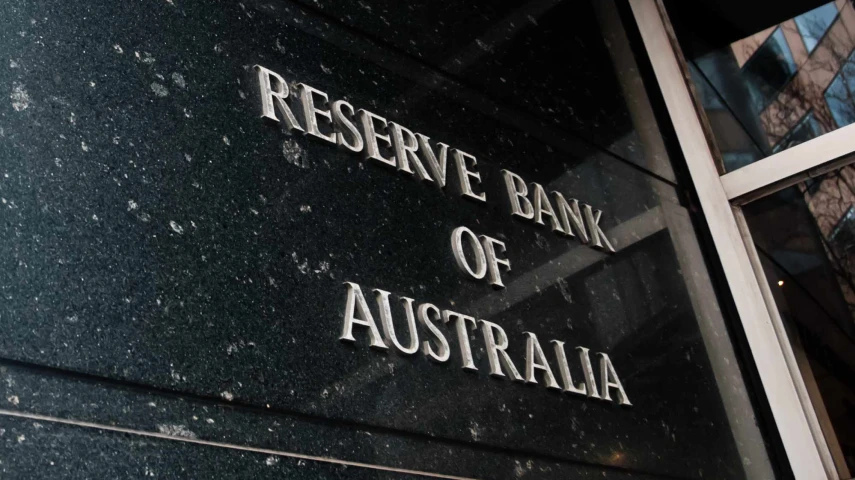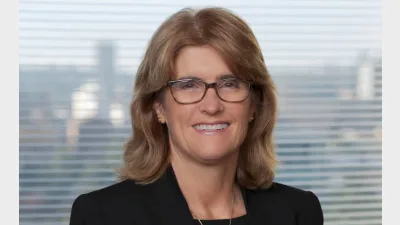RBA governor dampens hopes of rate cuts by end of 2024



A near-term reduction in the cash rate “doesn’t align with the board’s current thinking”, according to RBA governor Michele Bullock, who clarified risks remain in the economy and that the RBA board did, in fact, contemplate a rate rise in its latest meeting.
The RBA held rates at 4.35 per cent in August, in line with market expectations, following a softer-than-expected inflation print last week for the June quarter.
However, the RBA board is keeping a close eye on the data and is not ruling anything in or out, Bullock reiterated in her post-meeting press conference.
“If it does appear that inflation is not tracking the way we are forecasting, then [the board] will, if needed, will increase rates,” she said.
She pointed out overseas experience has demonstrated how “bumpy” inflation can be on the way down and across the economy, causing the central bank to remain cautious.
A rate rise “was a very serious consideration”, Bullock warned.
“There were only two things on the table – hold, and accepting that we might have to hold for some time, or raise – and I think the board felt that the risks associated with raising at this point, as opposed to holding where we are and just staying where we are, warranted the second alternative, which is what we did.”
The governor also touched upon market expectations of an interest rate cut by the end of 2024, as has been predicted by a number of market pundits to be November 2024.
However, the board is not inclined to pursue a rate cut in the “near term”, which she clarified to mean by the end of the year or the next six months.
“Given what the board knows at the moment and what the forecasts are, that doesn’t align with their thinking about interest rate reductions at the moment,” Bullock said.
Addressing questions from the media about the possibility of a recession, the RBA governor also emphasised the belief that Australia is “on that narrow path”.
“Having said that, we are data dependent, and there’s a number of things, as we mentioned in the statement of monetary policy, that could result in the economy slowing much more quickly, and inflation coming down much more quickly than we expect, and we’ll need to be alert to those,” Bullock said.
She continued: “If they come to pass, then yes, interest rate cuts would be on the agenda. But at the moment, given what we know, and the forecasts, [in] the near term, interest rate cuts are not on the agenda.”
Keeping an eye on volatile markets
Bullock confirmed the volatility of global financial markets in the last few days, which saw the ASX plunge around 3.7 per cent on 5 August to its worst two-day performance since 2022, was also discussed by the board in its latest meeting.
“In part, [the volatility] is reflecting the markets adjusting to economic news in a period when there’s already considerable uncertainty about the outlook, and we’ll be keeping an eye on this, as you’d expect,” she said.
She elaborated it did not play a role in the decision-making process, but it remains of interest and will be watched closely.
The trigger for the volatility, she said, came from a re-adjustment of market expectations following poor employment numbers in the US and a rise in interest rates in Japan.
“We had some briefings on that, it was really just to understand what’s going on and what were the reasons for it. I think there was a bit of a feeling it was a bit of an overreaction in some ways – it was one number – but it was a reassessment by some parts of market as to the US economy,” she said, clarifying the board assessed “how much of a signal” it should take from the events.
“I don’t think they took a lot from it, but they accepted they just need to keep an eye on it.”
Recommended for you
Advice licensee Centrepoint Alliance has entered an agreement to acquire the comprehensive financial advice book of the super fund’s subsidiary firm.
A coalition of industry groups including the SMSF Association is demanding the government and the opposition “immediately and unequivocally rule out any move to tax unrealised investment gains in any part of the tax system”.
AMP’s new chair has used his inaugural AGM address to call for policy reform on the “decumulation” phase of superannuation and position AMP as a key player in addressing the challenge.
Reserve Bank governor Michele Bullock has quashed hopes of an out-of-schedule rate cut, telling an event in Sydney that it remains too early to determine the trajectory of interest rates as the RBA grapples with growing global economic volatility.













